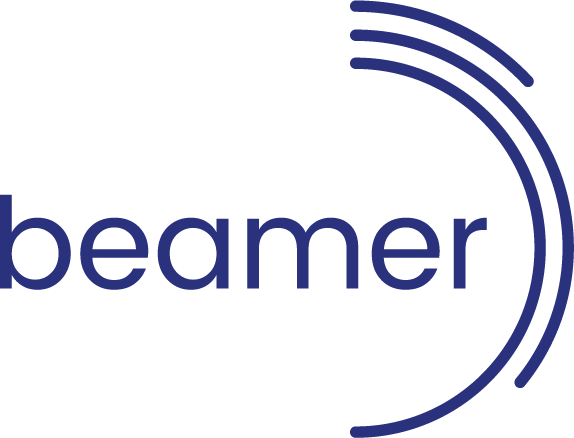Led by the project and coordination team, the BEAMER project assembly in Antwerp on March 12th and 13th proved to be a productive event. The teams spearheaded discussions on the mission statement and vision of BEAMER, setting the tone for the collaborative efforts ahead. Throughout the assembly, updates from various work packages were provided, including […]
We’re excited to announce that the BEAMER Project will be speaking at a Health Procurement Thematic Innovation Ecosystem Event attended by Beatriz Merino from UPM and Ana Roca-Umbert from PredictBy. They will share their expertise and experiences from BEAMER about the model and treatment adherence. Their insights promise to contribute to the diverse perspectives offered […]
In an exploration of the critical facet of patient adherence in clinical trials, Aad R. Liefveld from Link2Trials, a partner of the BEAMER project, sheds light on the profound impact adherence has on global health, pharmaceutical decision-making, and the successful outcomes of clinical trials. In this two-part series of articles, Aad speaks about available innovative […]
BEAMER is delighted to announce that its project lead Claire Everitt, the Device Design and Engineering Team Leader in R&D at Pfizer and Aad R. Liefveld, a project member, have authored an article titled ‘Understanding Human Behavior To Help Improve Patient Adherence‘ published in Clinical Leader. Unveiling the Urgent Context: This article has been published […]
Recently, Sjaak Bloem and I had the privilege of presenting the BEAMER project to the Dutch CRO community during the annual Association of Contract Research Organization Netherlands (ACRON) symposium. The event, overseen by Prof. Dr. Carmen Dirksen of Maastricht University, centered around patient participation in clinical studies—a focal point that aligns closely with BEAMER’s overarching […]
It has become a tradition within BEAMER to gather during the autumn months for a technical progress assessment and to strategize upcoming efforts. This year was no exception. The Consortium convened in the charming city of Thessaloniki, Greece, for a two-day event from October 19 to 20, 2023, hosted by the Centre for Research and […]
In a remarkable showcase of cutting-edge research and innovation, Beatriz Merino from BEAMER’s Work Package 2 participated in the 25th International Conference on Human-Computer Interaction, hosted at the prestigious AC Bella Sky Hotel and Bella Center. The conference served as a global platform for sharing advancements in the realm of human-computer interaction. Beatriz represented […]
The 43rd edition of the Spanish Society of Family and Community Medicine (semFYC) Conference was held in Donostia, Spain, from 11-13 May 2023. This annual gathering brought together thousands of family medicine doctors, along with other healthcare professionals such as public health doctors, medical administrators, nurses, and pharmacists, all associated with Primary Care. With the […]
This past month, partners from the BEAMER project gathered in the coastal city of Copenhagen, Denmark, to align on critical developments of the BEAMER model—the digital health solution to help improve treatment adherence. We speak with attending consortium members Frans Folkvord (Behavioural Scientist – PredictBy) and Beatriz Merino (Biomedical Engineer – Polytechnical University of […]
Not much time has passed since the entire BEAMER consortium came together in Porto (Portugal) for the first time ever. The two-day experience was, to say the least, energetic and meaningful. Organisation partners who had spent the initial year of the project coordinating online could now meet their colleagues in person and carry the conversation […]











